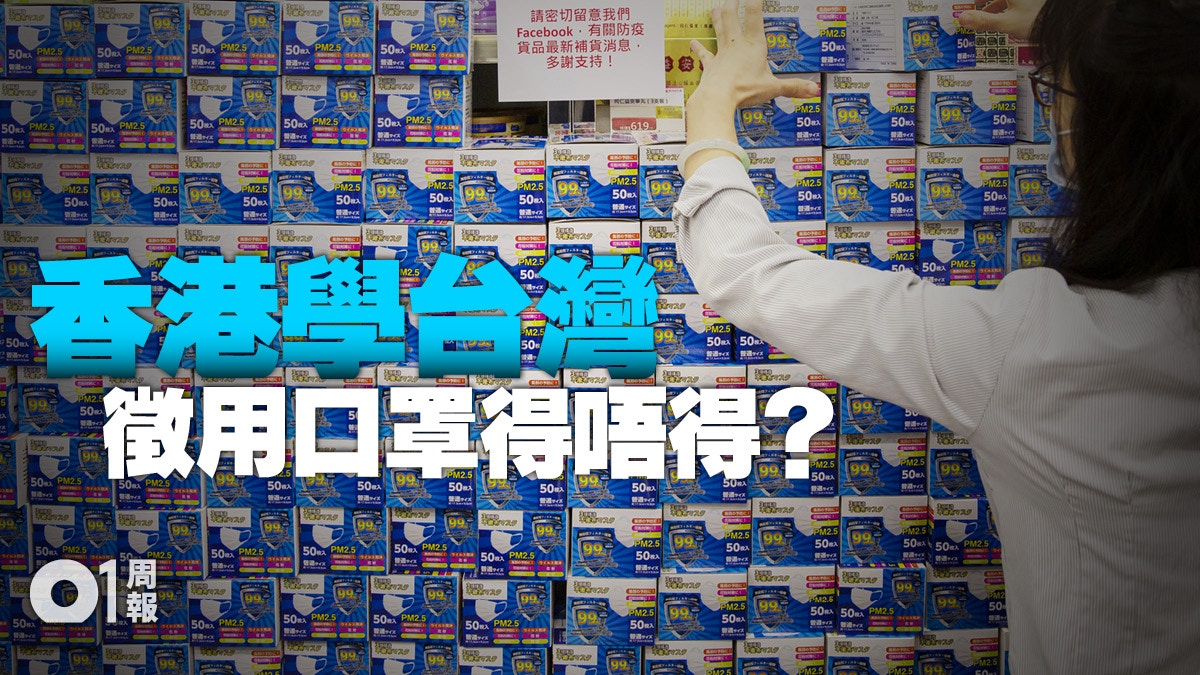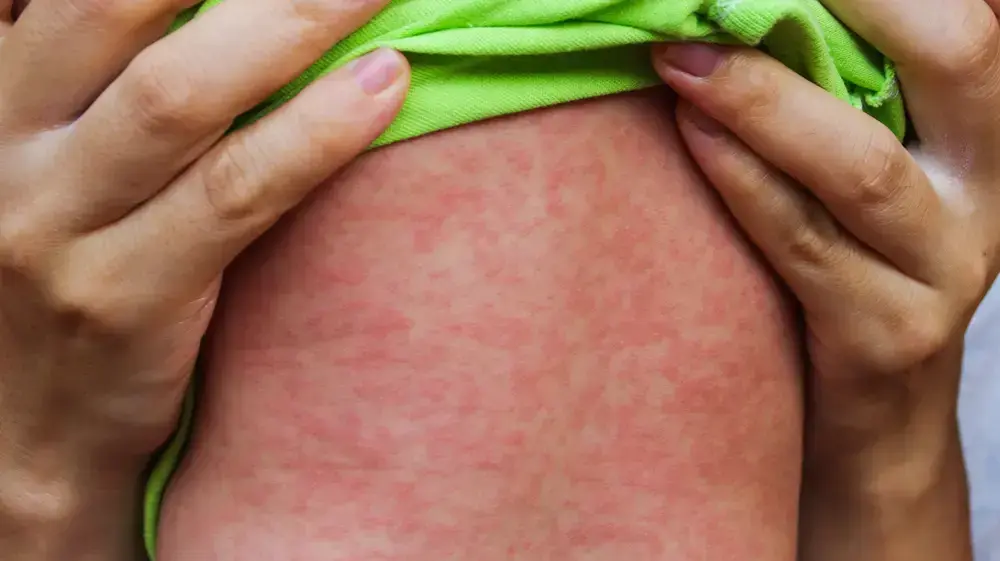weekly
Written by: Guo Wende
2020-02-12 07:00
Last updated: 2020-02-12 07:00The so-called "Health Emergency Law" refers to Article 8 of the Hong Kong Law Chapter 599 Prevention and Control of Diseases Ordinance (hereinafter referred to as the "Ordinance") stipulates that "If the Chief Executive in Council considers any situation to be a public health emergency, The Chief Executive in Council may make regulations to prevent, deal with or mitigate the effects of this public health emergency, and to protect public health ", among which" public health emergency "represents the occurrence of" most likely to cause mass death or Suffer from a severe disability ", disease, epidemic, or pathogen. Regulations made under this provision are called "public health emergency regulations" and can "require anyone to disclose or submit any information concerning the handling of public health emergency situations", "expropriation of property and compensation relating to such expropriation" Matters ”,“ appointing anyone to act as a medical and health professional ”and other matters that the Chief Executive in Council considers necessary or appropriate.
Last Friday (February 7), the government published a gazette to establish the "Compulsory Quarantine Regulations for Certain Arrivals" and the "Prevention and Control of Diseases (Disclosure of Information) Regulations". The former stipulates that those arriving from the Mainland must be quarantined. day. (Profile picture / Photo by Yu Junliang)
In fact, the SAR Government's current response to the epidemic has already cited this "Health Emergency Law". Last Friday (February 7), the government published a gazette to establish the "Compulsory Quarantine Regulations for Certain Arrivals" and the "Prevention and Control of Diseases (Disclosure of Information) Regulations". The former stipulates that those arriving from the Mainland must be quarantined. The latter stipulates that the health director may require anyone to provide any information "youguan handles public health emergencies" and "providing false or misleading information to doctors is an offence." Both regulations are co-ordinated by the Chief Executive The Executive Council is based on the Health Emergency Act. However, in addition to the restrictions on immigration and deterring patients from concealing reports, there are obviously more issues to be addressed in the epidemic prevention work, such as the tight supply of the mask market and the intensive flow of people, etc. Hong Kong responds quickly in this regard. Compared with neighboring areas such as Macau, Taiwan, and mainland China, it is still slow, and sometimes sticks to the established procedures. In order to enhance the effectiveness of the epidemic prevention work, the SAR government needs to make better use of the "Health Emergency Law" to establish more "public health emergency regulations". The urgent task is to procure local masks for rations. If necessary, it is more likely to restrict some local Commercial activities or outbound travel of some citizens.
The Health Emergency Law is very reminiscent of the Emergency Regulations Ordinance, Chapter 241 of the Laws of Hong Kong (hereinafter referred to as the "Emergency Law"), which allows "in situations that the Chief Executive in Council considers to be an emergency or a situation that endangers public security At that time, the Chief Executive in Council may make any regulations that he considers to be in the public interest ", but the scope of these subsidiary regulations covers censorship of the media, prohibition of assembly, control of traffic, confiscation of property, amendment of legislation, compulsory services, deportation, etc. The power is much broader than the Health Emergency Law, which focuses on public information, expropriation of property, and appointment of doctors. Although the "Emergency Law" in the Hong Kong-English period was used to deal with infectious diseases, such as banning hawkers from selling fresh fruits, ice cream, jelly, etc. to prevent the spread of cholera in 1932, and banning horses from leaving the New Territories or grazing in response to cases of mad dog disease in 1935 However, it should be noted that this is because the sanitary regulations of the colonies were not yet perfect. Now that there is a Health Emergency Law specifically designed to deal with such situations, the use of a more powerful Emergency Law is no different than cutting a chicken.
Health emergency law
In addition, the penalty scope and effective period of the Health Emergency Law are not as broad as those of the Emergency Law, so the use of the former is less controversial than the latter. Regulations made under the Emergency Law can make “any penalty and sanction” including mandatory life imprisonment, and “unable to impose a fine of $ 5,000 and imprisonment for 2 years” when no penalties are specified, as a violation of the Health Emergency Act The highest provision in the regulations is "to be punishable by a fine not exceeding level 5 and imprisonment not exceeding 6 months". The maximum penalty is undoubtedly much lower. At the same time, the "Emergency Law" enacts regulations "that must remain in force until the Chief Executive in Council repeals them by order" and does not establish a requirement to regularly review emergencies or whether relevant regulations should continue. The Health Emergency Law states that "If the Chief Executive in Council makes a Regulation on public health emergencies, he must review or arrange to review the public health emergencies from time to time." It is unlikely that the emergency regulations will survive. Long question.
Last year, the Hong Kong Government passed the "Emergency Law" to enact the "Malaysia Prohibition Regulations", which has been questioned by many parties. Later, the High Court ruled that the Democratic Legislative Council member's judicial review of the preliminary trial was successful. (Profile picture / Photo by Li Huina)
More importantly, last year, the Hong Kong Government passed the "Emergency Law" to enact the "Prohibition of Masking Regulations", which has been challenged by many parties. Later, the High Court further ruled that the judicial review of the Democratic Legislative Council members was successful. The appeal hearing procedure is still to this day. In the process, so quoting the "Emergency Law" at this time will only re-initiate social tearing, and it is not good to fight the epidemic. Moreover, because the "masked articles" in the "Prohibition of Masking Regulations" also include epidemic masks, some public opinion accordingly accuses government officials of not calling on citizens to wear masks as a matter of concern; whether or not these opinions are based, they explain Many people in the community still have concerns about the Emergency Law and the Prohibition of Masking Regulations. The government already has the Health Emergency Act, a lower-risk option. There is no need to repeat the more controversial Emergency Act, so as not to give outsiders criticism of the government's veracity or increase mistrust of citizens.
Other legal advice may not be feasible
In addition to the "Health Emergency Law", Fangjian also recently put forward a lot of opinions on assisting the epidemic prevention work in terms of law. However, most of these suggestions have some difficulties in implementing or failed to address the source of the problem. The Democratic Alliance for the Betterment of Hong Kong (DAB) Chairman Li Huiqiong said that "the government should adopt any feasible legislation to limit the price of masks to prevent unscrupulous businessmen from taking advantage of speculation in profiteering. If necessary, they may need to refer to the" Emergency Regulations Ordinance ... "The public will understand the government decision. However, as mentioned earlier, the "Emergency Law" will generate greater political risks. Moreover, the "Health Emergency Law" itself is sufficient to establish various regulations to meet the needs of epidemic prevention, such as those stipulated in the "Compulsory Quarantine Regulations for Certain Arrivals". The measures are "ancillary and supplementary matters that the Chief Executive in Council considers necessary or expedient for the purposes of the Regulations" as stated in the Ordinance. Of course, price restrictions can also be included. "The adoption of the" Emergency Law "definitely belongs to resilience.
Li Huiqiong, chairman of the DAB, once said that "the government should adopt any feasible legislation to limit the price of masks to prevent unscrupulous businessmen from taking the opportunity to speculate in profits. If necessary, it may need to refer to the" Emergency Regulations Ordinance "to handle ... the public will understand the government's decision." . (Profile picture)
The second is the Hong Kong Legislation, Chapter 296, the Reserve Commodities Ordinance, which is recommended by Li Huiqiong, the Parliamentary Front Zhu Kaidi, and the Citizen Party leader Yang Yueqiao, which allows the Chief Executive in Council to prohibit, regulate or control the maximum price of any "reserved commodity", Import, export, mobile distribution, storage and sales targets, and the only "reserved commodity" in Hong Kong is "rice". At first, Zhu, Yang, and Li only suggested that masks be listed as "reserved goods." Later, Mai Meijuan, Guo Weiqiang, and He Qiming, members of the Legislative Council of the FTU, added protective clothing and related anti-epidemic items and medicines when they petitioned. Unfortunately, market research is required to set the highest price or reserve inventory. At present, the government lacks detailed statistical data on tight supplies such as masks and toilet paper. It is not difficult to foresee that it will take a long time for officials to negotiate with manufacturers on related matters. time. Even if these materials are successfully listed as "reserved goods", the "Reserved Commodities Regulations" cannot force merchants to sell storage or prevent them from hoarding with shadow companies.
In addition, Sections 5, 7, 8 of the Prevention and Control of Diseases Regulations, Chapter 599A of the Laws of Hong Kong also mentions that "any person ... knowingly providing to a health officer any information which is false in a material respect constitutes an offence", Lin Zhihua, a lay member of the Hong Kong Medical Council and chairman of the Patient Policy Link, therefore suggested that "the Director of Health may consider appointing all HA doctors to become health officers under the law and prosecute patients who have been underreported", but the relevant provisions are practical It is only applicable to the occasion where the health director provides information to doctors, passengers, ports of entry or cross-border transport operators, and will not directly affect the general patient's disclosure of personal medical history or travel history to the doctor. Furthermore, once doctors are appointed as health directors, they will also have the legal powers such as seizures, confiscations, arrests and detentions to be exempt from personal legal responsibilities granted by the Regulations. These powers may not be acceptable to all frontline health care workers.
The Hong Kong Government should resolutely quote the "Health Emergency Law" to prevent the epidemic from getting out of control. (Photo / Photo by Zhang Haowei)
One of the further uses of the Health Emergency Act is to use it to establish regulations to requisition entire port covers for rationing. The Regulations have directly mentioned that the relevant regulations of the Health Emergency Law have the right to requisition private property and can "require anyone to temporarily or permanently hand over the property to a public officer requisitioning the property" or "requisition the property Public officials temporarily or permanently take over the property ", the Hong Kong Government may make regulations to requisition masks produced or sold by local manufacturers, thus creating a situation like Taiwan ’s Central Epidemic Situation Command Center The masks produced by the mask factory have the same effect as general medical masks and surgical masks, and are then limited to be used by medical staff and Hong Kong citizens in need.
Secondly, the "Health Emergency Law" can also be used to require Hong Kong citizens to be tested before travelling abroad. In the past several World Health Organization public health emergencies announced by the World Health Organization, the only travel restrictions it has recommended to implement are that only infected areas must ensure the health of people who leave the country, such as the transnational transmission of polio virus that has continued since 2014. The World Health Organization has recommended that countries such as Pakistan, Cameroon, Syria, Equatorial Guinea, Afghanistan, Indonesia, Somalia, Papua New Guinea, Nigeria and other countries should ensure that residents or travellers are vaccinated before departure and that they are restricted at ports. Those who cannot provide relevant proof go abroad. Although a new coronavirus has not yet developed an effective vaccine, the SAR government can still require citizens who go abroad to test first to avoid the spread of immunity.
Finally, the government should consider using the Health Emergency Act to restrict citizens' commercial and recreational activities if necessary. The Macau authorities have announced that the casinos will be closed for 15 days to fight the epidemic. Many mainland provinces and cities have even banned restaurants and shops unrelated to epidemic prevention from operating. Although such actions may cause huge economic losses, they are a killer to curb the epidemic.
related articles︰
[Wuhan Pneumonia] Seven Suggestions
[Wuhan Pneumonia] The myth of civil servants governing Hong Kong is so disillusioned-masks that can't be grabbed
[Wuhan Pneumonia] The myth of civil servants governing Hong Kong is so disillusioned-the quarantine camp that is not needed
The above was published in the 200th issue of "Hong Kong 01" Weekly (February 10, 2020) "Further Utilization of the Health Emergency Act".
More weekly articles: [01 Weekly Page]
"Hong Kong 01" Weekly is available at major newsstands, OK convenience stores and Vango convenience stores. You can also click here to subscribe to the weekly newspaper to read more in-depth reports.
01 Weekly Report Wuhan Government of Food and Health Bureau of Pneumonia








